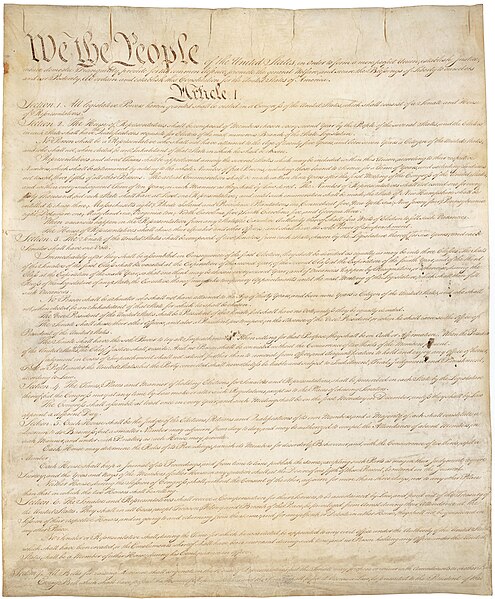Infinite photos and videos for every Wiki article ·
Find something interesting to watch in seconds
Great Artists
Celebrities
Largest Palaces
Crown Jewels
Best Campuses
Countries of the World
Great Cities
Largest Empires
Tallest Buildings
Richest US Counties
Animals
Great Museums
Supercars
History by Country
Rare Coins
British Monarchs
World Banknotes
Famous Castles
Kings of France
Sports
Orders and Medals
Wars and Battles
Recovered Treasures
Ancient Marvels
Wonders of Nature
Presidents
more top lists


